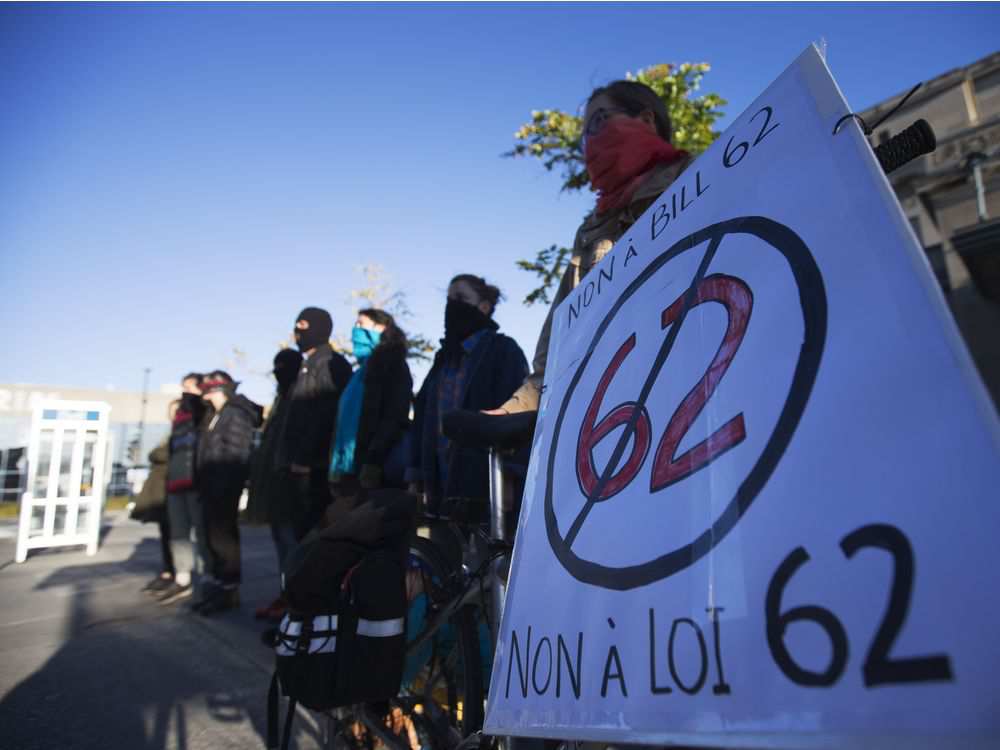The National Assembly of Québec passed Bill 62 on Oct. 18 by a vote of 66 to 51, mandating that all recipients of government services, as well as the officials providing them, keep their faces uncovered during public exchanges. The legislation, introduced by Minister of Justice Stephanie Vallée in 2015, applies to patients receiving care from hospital doctors, bus and metro commuters, and public university students attending professors’ lectures.
Since its passage, McGill students have protested the bill by writing letters to Quebec Members of Assembly, wearing sunglasses to class, and circulating petitions online. Although the legislation applies equally to sunglasses and scarves, activists argue that the bill implicitly targets the niqab, a religious garment that covers the face.
“By omitting women’s access to public services if they wear a niqab, you're essentially omitting a segment of the population from essential services that they are paying taxes to access and maintain,” Munema Moiz, a McGill alumna who was a writer and activist against Islamophobia, said. “On a basic level, if you can't use a bus anymore, now this person has to make a choice, ‘Should I get to work or school or should I continue wearing my niqab?’”
In a press conference on Oct. 24, Vallée reneged on a previous statement that people would have to uncover their faces to ride the bus, insisting that someone wearing a niqab would not be denied service unless that they refused to remove the garment while presenting photo documentation. However, Bee Khaleeli, U2 Arts, and a co-organizer of the letter writing campaign, maintained that the bill cultivates an unsafe environment for Muslim women.
“Particularly in the context of Montreal, a lot of women who wear a niqab are new immigrants, a lot of women rely on public services to exist in the world,” Khaleeli said. “[The bill] sanctions instances in which women have their veils ripped off. It clearly marks them as outsiders in Quebec society and people who pose a threat to society's welfare and consequently are deserving of that violence.”
Students are also taking to writing articles to convey their views on the legislation. A group of students at the McGill Faculty of Law penned an opinion piece, titled “Law 62: When ‘neutrality’ rhymes with discrimination,” about the Bill’s discriminatory nature. In the coming months, the students also plan to provide legal resources explaining a person’s rights if an official tries to enforce compliance with it.
“We just want to minimize the impact on individual women who will experience the effects,” Jessica Cytryn, a second year in Law and a co-author of the opinion article, said. “We hope to do this through highlighting that [Bill 62] is unconstitutional.”
Moiz expressed that the bill’s passage had been a long time coming, given how the proposed Québec Charter of Values attempted to single out Muslim women by prohibiting public employees from wearing objects indicating religious affiliation. Activists maintained a positive attitude about the potential for resistance against the law at McGill.
“I don’t think I expected the effort of people who said ‘Even if I can't come I want to write a letter,’” Khaleeli said. “Students clearly have some interest in agitating against this bill. That’s a really valuable start.”








